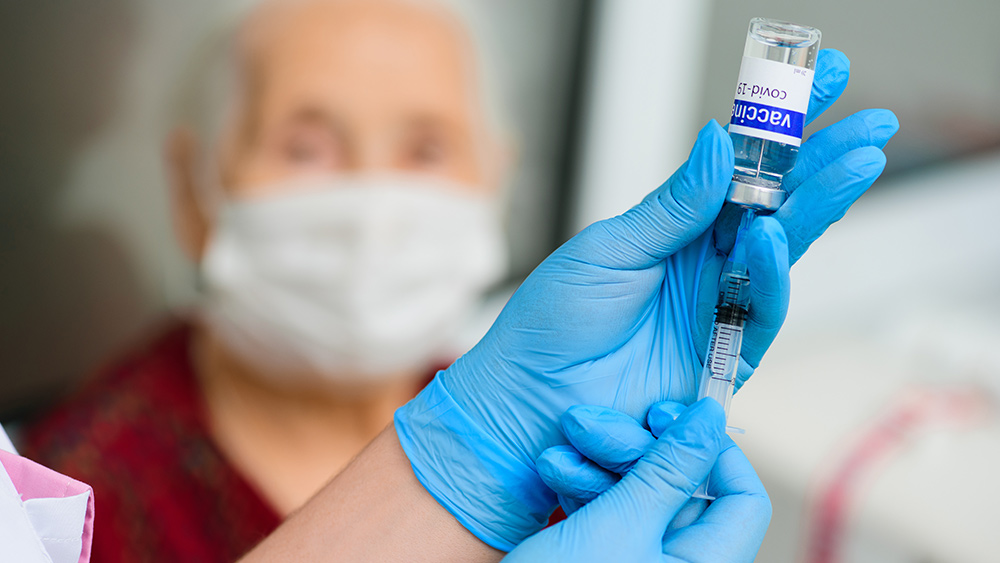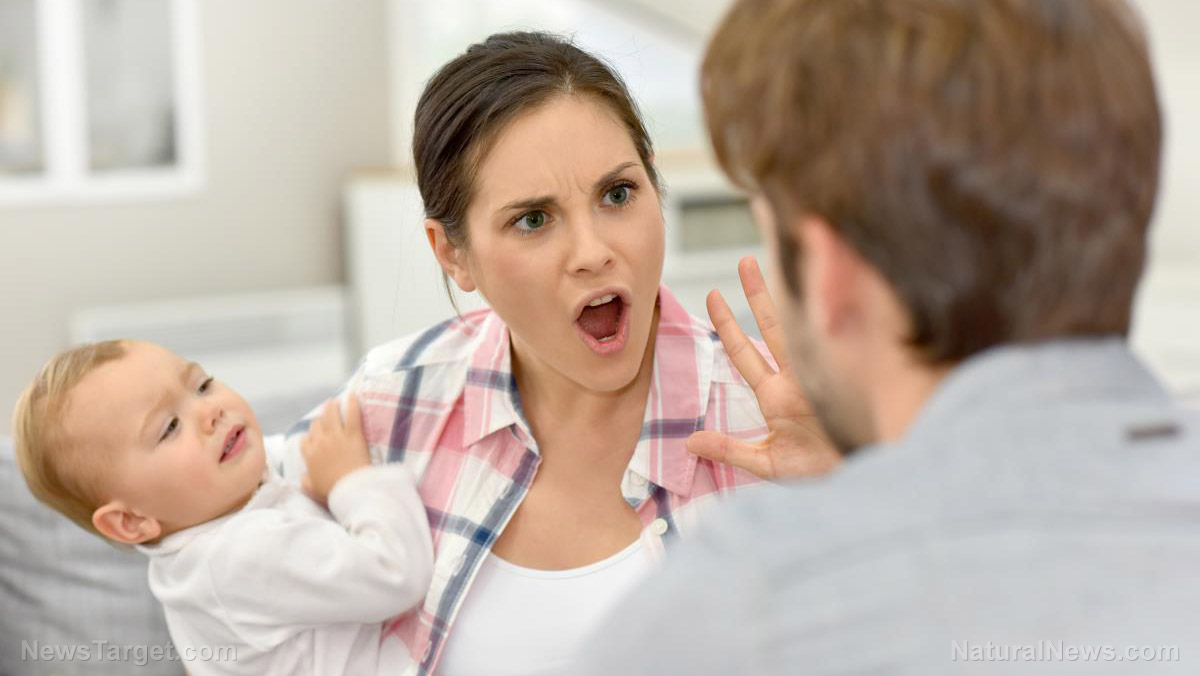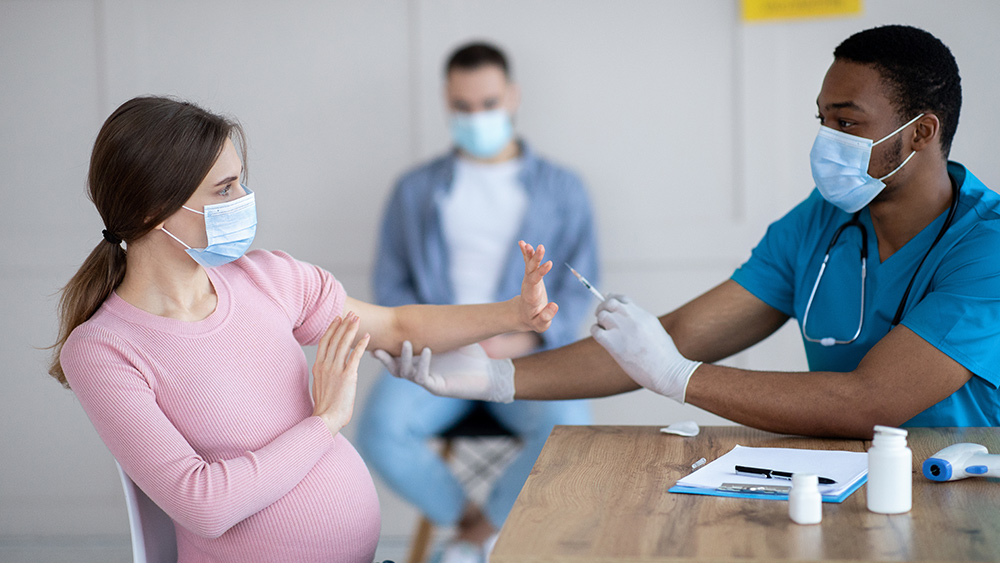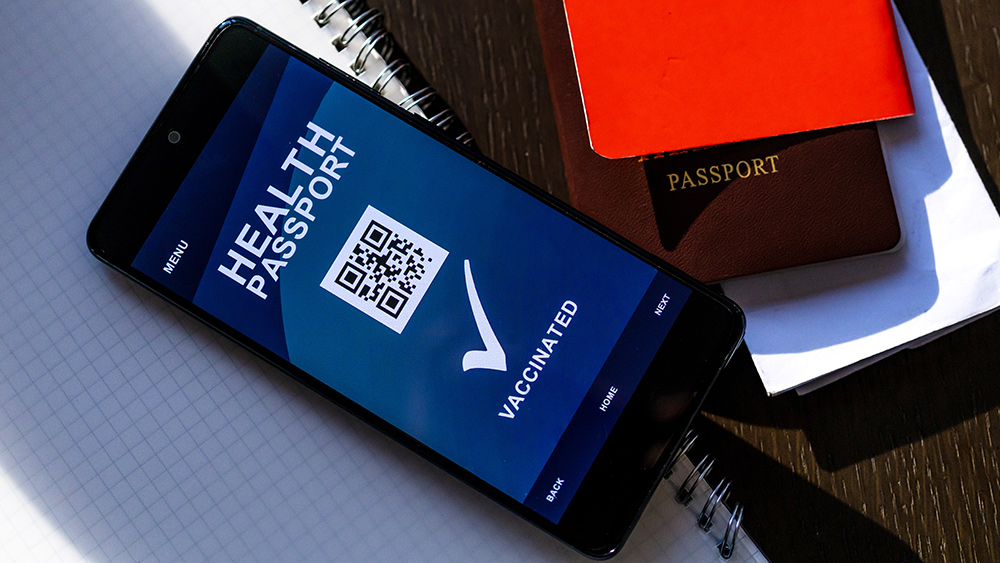Study: Care home residents STILL at risk of catching covid even after being fully vaccinated
07/15/2021 / By Zoey Sky
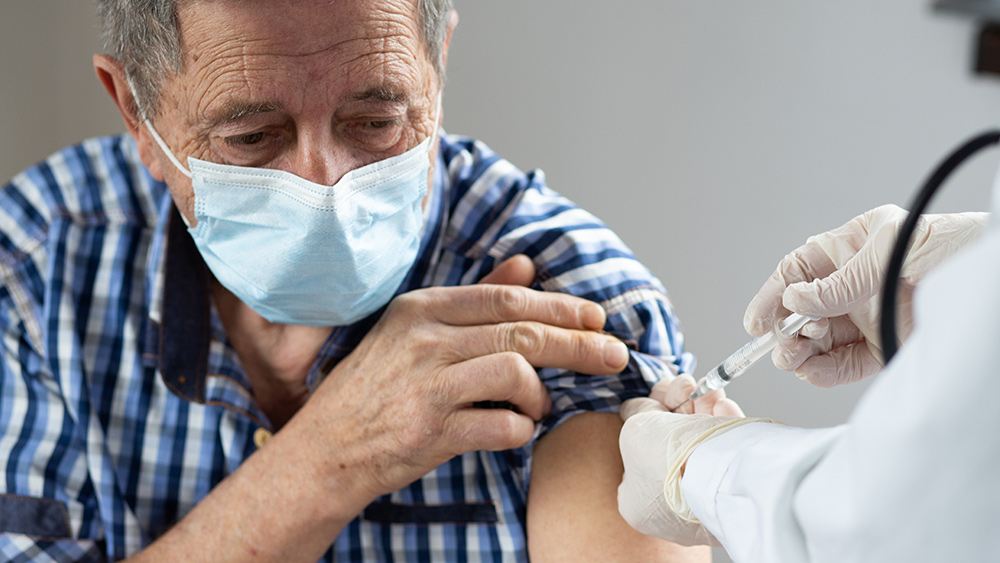
According to a study, care homes still need to practice preventive measures against the Wuhan coronavirus (COVID-19) since elderly residents are still at risk of getting infected even after being fully vaccinated.
The study was presented at the 2021 online European Congress of Clinical Microbiology & Infectious Diseases (ECCMID).
Vaccines don’t prevent coronavirus infections
The researchers who conducted the researchers warned care home staff that the elderly can still get infected with coronavirus even after receiving two doses of the vaccine.
Long-term care facilities, like care homes with elderly residents diagnosed with several underlying conditions, are among those at high risk of coronavirus outbreaks. When vaccines first became available, many vaccination campaigns aimed to get care home residents and staff inoculated.
But an outbreak at a care home in France called into question just how effective the vaccine is among seniors.
Martin Martinot, from the Hopitaux Civils de Colmar in Colmar, France, and his colleagues studied an outbreak of coronavirus that was traced back to a care home in eastern France one month after a campaign to double vaccinate residents and staff with the Pfizer-BioNTech vaccine ceased.
Results showed that seventy (75 percent) of the residents and 38 (52 percent) of the staff were fully vaccinated by mid-February 2021. According to tests on blood samples taken by the scientists on April 6, all but one of the fully vaccinated residents had antibodies against coronavirus.
The outbreak at the care home started on March 15. Within the next seven weeks, 24 of the 93 residents (26 percent) and 16 of the 73 staff (22 percent) were infected by the virus.
The infected residents were older, with an average age of 91. Meanwhile, the uninfected residents had an average age of 87. (Related: Coronavirus outbreak ensues following vaccination of residents at nursing home.)
Coronavirus still a threat in long-term care facilities
Out of the 24 infected residents, twelve weren’t fully vaccinated. None of the infected staff were vaccinated.
Data revealed that the unvaccinated residents were three times more likely to develop coronavirus than those who had already received two doses of the vaccine. The estimated effectiveness of the vaccine among the senior residents was 68 percent, which was lower than previously reported.
The scientists reported that infections were milder among the vaccinated residents, with no severe cases. On the other hand, there were three severe cases among the residents who weren’t vaccinated.
Results of genetic sequencing showed that the outbreak was caused by the Alpha (B.1.1.7) strain, which was dominant in France at the time. This strain was first recorded in Britain, where it was labeled Variant of Concern 202012/01. The variant is also called 20I/501Y.V1 or B.1.1.7.
The study authors warned that based on the results, coronavirus “can still be a threat in long-term care facilities, especially those with older residents.” However, the results also cast doubt on how effective mandatory vaccination really is.
Martinot explained that immunosenescence or age-related weakening of the immune system suggests that seniors are still at risk of coronavirus infections, even when fully vaccinated. This also calls into question if forced vaccinations are the best course of action for those at risk, particularly since most vaccines are linked to many negative side effects, from skin conditions to severe heart inflammation.
“Immunization against COVID-19, although very protective – residents were three times less likely to develop COVID-19 when fully vaccinated – seems a bit less effective in our oldest patients,” concluded Martinot.
The study results only highlight the importance of not relying on coronavirus vaccines as a silver bullet against the disease for curbing outbreaks among care home residents and healthcare workers.
Visit Pandemic.news for more information about the coronavirus and vaccines.
Sources include:
Tagged Under: care home, covid-19, COVID-19 vaccine, nursing home, nursing home residents, pandemic, residential care homes, vaccination, vaccines
RECENT NEWS & ARTICLES
COPYRIGHT © 2017 VACCINE JIHAD













